To provide the best experiences, we use technologies like cookies to store and/or access device information. Consenting to these technologies will allow us to process data such as browsing behaviour or unique IDs on this site. Not consenting or withdrawing consent, may adversely affect certain features and functions.
The technical storage or access is strictly necessary for the legitimate purpose of enabling the use of a specific service explicitly requested by the subscriber or user, or for the sole purpose of carrying out the transmission of a communication over an electronic communications network.
The technical storage or access is necessary for the legitimate purpose of storing preferences that are not requested by the subscriber or user.
The technical storage or access that is used exclusively for statistical purposes.
The technical storage or access that is used exclusively for anonymous statistical purposes. Without a subpoena, voluntary compliance on the part of your Internet Service Provider, or additional records from a third party, information stored or retrieved for this purpose alone cannot usually be used to identify you.
The technical storage or access is required to create user profiles to send advertising, or to track the user on a website or across several websites for similar marketing purposes.
 The Building Services Research and Information Association (BSRIA) has published a list of the most up to date legislation and guidance that affects the design, construction and management of buildings. While a couple are relevant primarily for domestic buildings, the emphasis is very much on commercial property and will be of interest to a range of professionals. BSRIA members also have access to a legislation service on building and building services legislation and relevant guidance. More →
The Building Services Research and Information Association (BSRIA) has published a list of the most up to date legislation and guidance that affects the design, construction and management of buildings. While a couple are relevant primarily for domestic buildings, the emphasis is very much on commercial property and will be of interest to a range of professionals. BSRIA members also have access to a legislation service on building and building services legislation and relevant guidance. More →






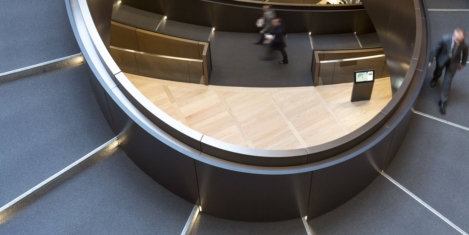
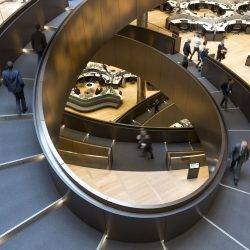
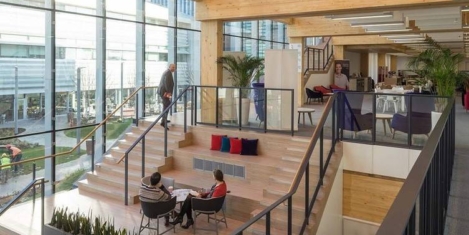
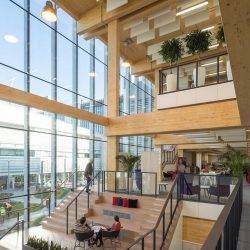


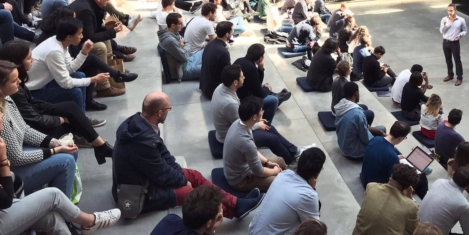
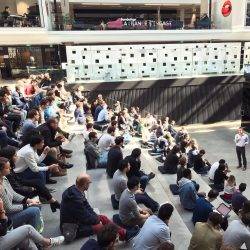



 Employee motivation levels appear to be the decline, with 29 percent of employees surveyed saying they were not motivated at work in 2017 compared to just 18 percent who said the same in 2016 the research report, “Living to Work” has claimed. Motivates Inc. has commissioned its employee motivation research for the past three years, surveying over 2,000 UK employees in full-time employment. The full data shows like-for-like how employees are feeling in the workplace and what hygiene factors have affected behaviours year-on-year. According to the latest data 71 percent of UK employees were motivated in 2017, which on its own shows a positive result, yet when you look at the motivational statistics from 2016 the data actually shows the percentage of motivated employees has dropped by 11 percent in just one year. That’s 220 more employees in an organisation of 2,000 who are not feeling good about their job.
Employee motivation levels appear to be the decline, with 29 percent of employees surveyed saying they were not motivated at work in 2017 compared to just 18 percent who said the same in 2016 the research report, “Living to Work” has claimed. Motivates Inc. has commissioned its employee motivation research for the past three years, surveying over 2,000 UK employees in full-time employment. The full data shows like-for-like how employees are feeling in the workplace and what hygiene factors have affected behaviours year-on-year. According to the latest data 71 percent of UK employees were motivated in 2017, which on its own shows a positive result, yet when you look at the motivational statistics from 2016 the data actually shows the percentage of motivated employees has dropped by 11 percent in just one year. That’s 220 more employees in an organisation of 2,000 who are not feeling good about their job.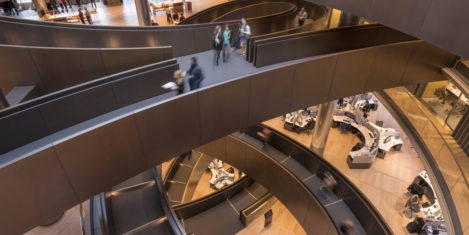
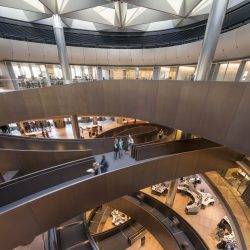



 National Work Life Week (1st – 5th October 2018) starts today with the aim of encouraging companies to think about their employees’ wellbeing and happiness. To mark the week new research asked British workers about the things they most want from their work. The YouGov survey of 2,000 adults, commissioned by the Oxford Open Learning Trust, found that while money is predictably the biggest motivator behind career choice (64 percent), over half of the respondents cited working hours and flexible working as an important factor (55 percent).
National Work Life Week (1st – 5th October 2018) starts today with the aim of encouraging companies to think about their employees’ wellbeing and happiness. To mark the week new research asked British workers about the things they most want from their work. The YouGov survey of 2,000 adults, commissioned by the Oxford Open Learning Trust, found that while money is predictably the biggest motivator behind career choice (64 percent), over half of the respondents cited working hours and flexible working as an important factor (55 percent). 









October 15, 2018
Some thoughts on the addictive power of workplace design
by Agustin Chevez • Comment, Workplace design
More →